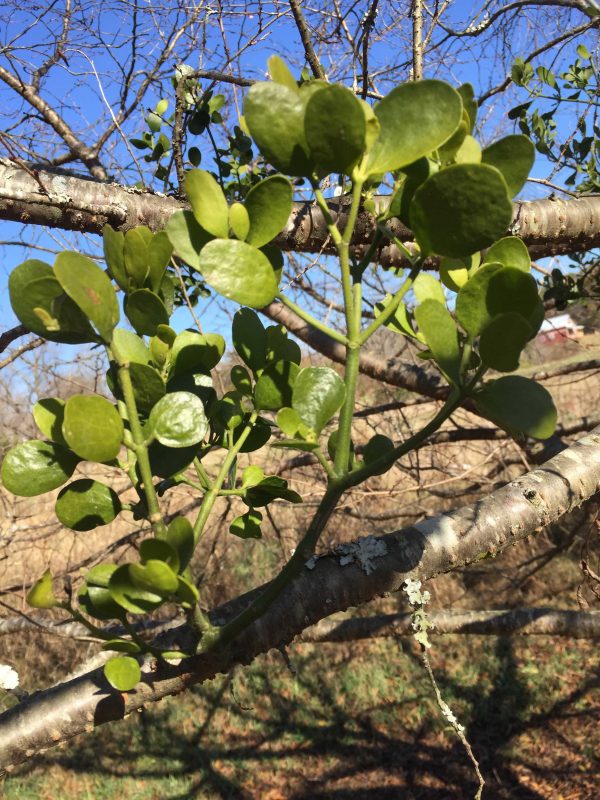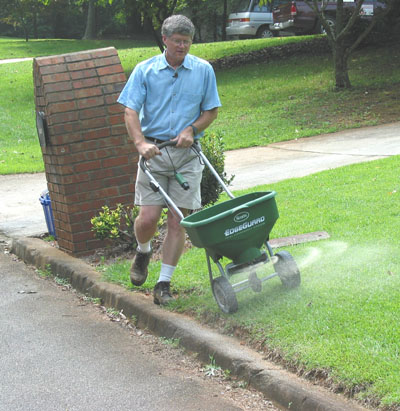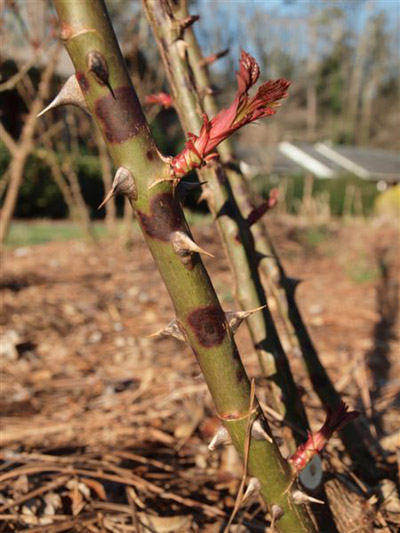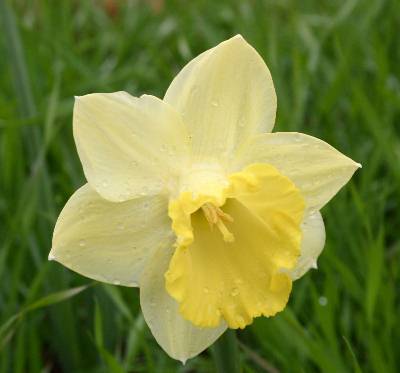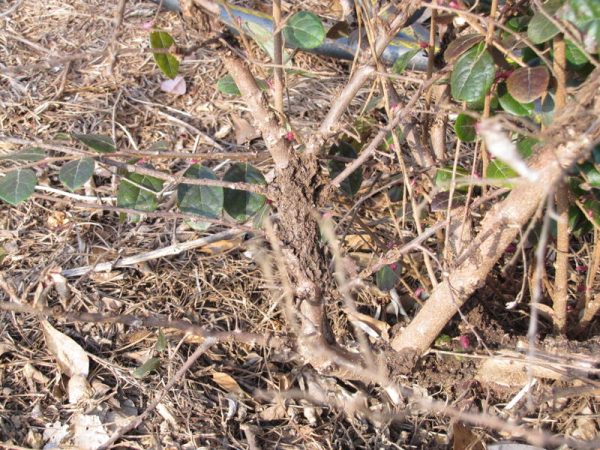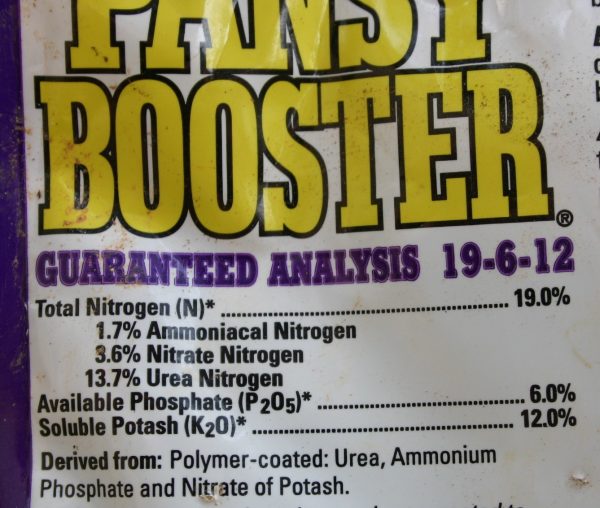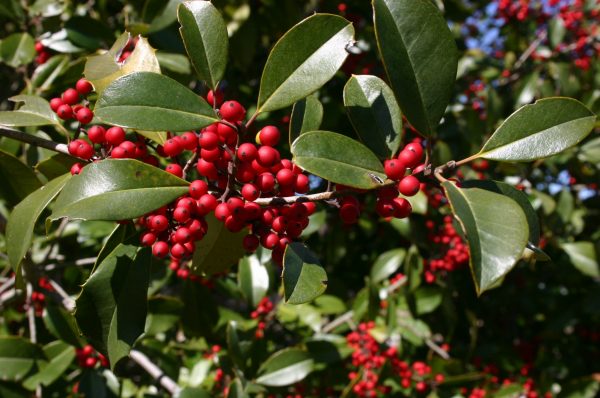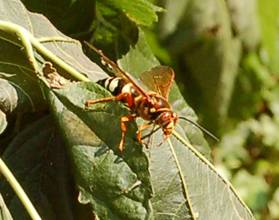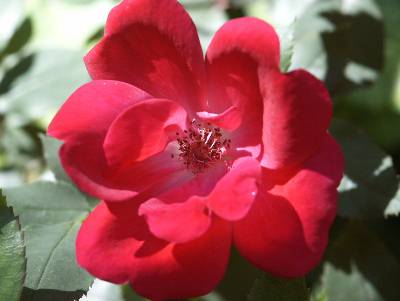Composting – Lawn Clippings
Q: I find myself with lots of fescue clippings I would like to compost this summer. However, we have our lawn treated with fertilizer and weed killer by a national lawn maintenance company. Does this mean we shouldn’t use our lawn refuse in our compost bin? What are some problems we might have if we do use them?
A: I am in favor of using lawn clippings somehow, if you choose to collect them, even if your lawn has been treated with weed killer. Compost scientists say that common herbicides (but not all) decompose right along with the clippings and will not harm compost in most situations.
However, you should get from your lawn company a specific list of the products and active ingredients they apply each time. Notify them how you intend to use the clippings and that they should not use any product containing clopyralid on your lawn. Confront ™ is one such product.
A great stir has arisen in Oregon and Washington State due to contamination of municipal compost with clopyralid. The towns and counties composted yard waste with lawn clippings onto which clopyralid had been applied. While clopyralid is a very effective weed killer, it breaks down so slowly that it can injure plants on which the composted plant material is used. Certain pre-emergent chemicals may also pose problems in your compost.
You always have the option of grasscycling: mowing a bit more frequently and letting the clippings fall in place to mulch and enrich the lawn. That’s the path I recommend.



